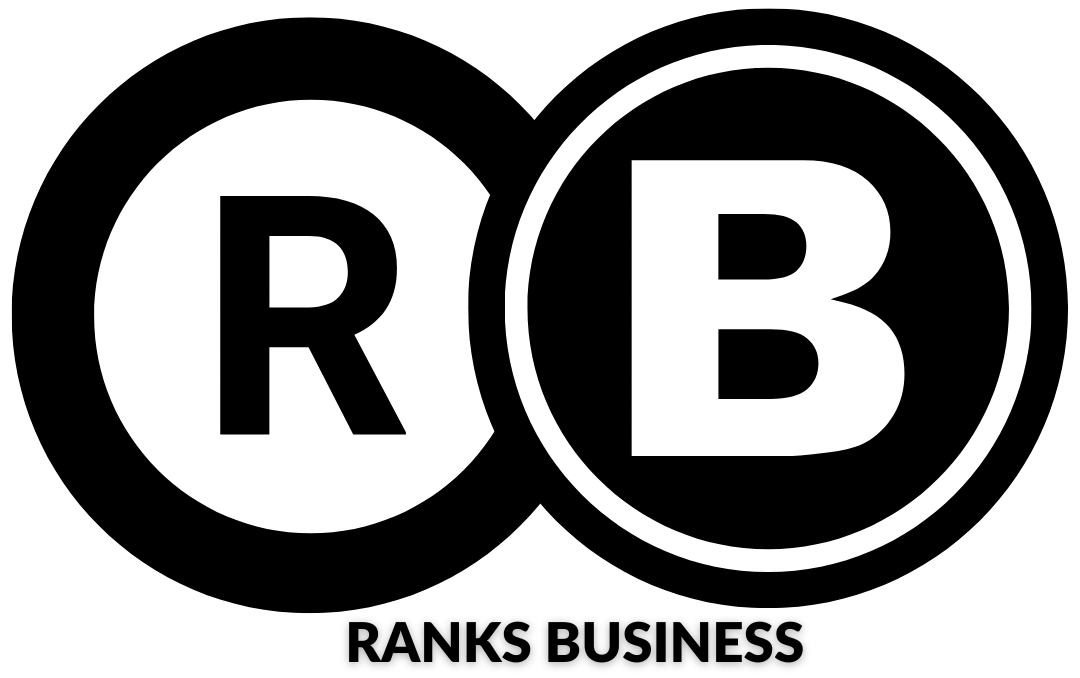Releaf, a technology startup that empowers African manufacturers, has raised $3.3 million in a Pre-Series A fundraising round that was oversubscribed.
Two new innovations will be introduced with the help of the new funding: SITE, a geographic mapping tool that determines the most advantageous placement of food processing assets, and Kraken II, a portable version of its award-winning palm nut de-sheller.
Consonance Investment Managers joined Samurai Incubate Africa in the investment round, which they headed after heading the seed round for Releaf. Additionally investing were Jeff Ubben, founder of Inclusive Capital Partners and board member of the World Wildlife Fund, and Stephen Pagliuca, chairman of Bain Capital.
SITE was developed in collaboration with Stanford University’s Professor David Lobell, a MacArthur Fellow and Director of the Center on Food Security and the Environment, whose team led the refinement of the age identification process for oil palm trees in Nigeria. This analysis provided foundational yield data for the first layer of SITE.
The application leverages cutting-edge geospatial mapping tools to determine how much oil palm is planted in an area and their yearly yields, alongside Releaf’s proprietary data on soil type, rainfall, farmer productivity and 3rd-party data from organisations like the International Institute of Tropical Agriculture (IITA), Foundation for Partnership Initiatives in the Niger Delta (PIND) and Rocky Mountain Institute (RMI) to deliver a dynamic view of farming activity.
Releaf will use this dynamic data set to train Reinforcement Learning Models in SITE that identify the most optimal positioning of supply chain infrastructure for consumer goods manufacturers, creating an effective link with Africa’s decentralized farming system.
Kraken II is a portable, lower-cost version of Releaf’s Kraken – West Africa’s most advanced palm nut de-sheller. It is just as efficient as its static predecessor, costs half as much and can attain 3xprofitability because it can be transported to high density farming areas, eliminating more than 80 percent of margin-eroding logistics costs.
According to the Chief Technical Officer and co-founder of Releaf, Uzoma Ayogu, “SITE and Kraken II are the next steps in our plan to fundamentally transform the efficiency of agricultural supply chains in Africa and we are excited to have partnered with an exceptional cohort of investors and collaborators to roll out these technologies. To make food supply chains profitable, we must maximize extraction yields with leading processing technology and minimize logistics costs by bringing processing capacity closer to farmers. Before Releaf, stakeholders had to choose between one or the other -large factories had great technology but were far away, leaving most farmers with rudimentary technology to process their crops. We’re now able to maximize both.”

